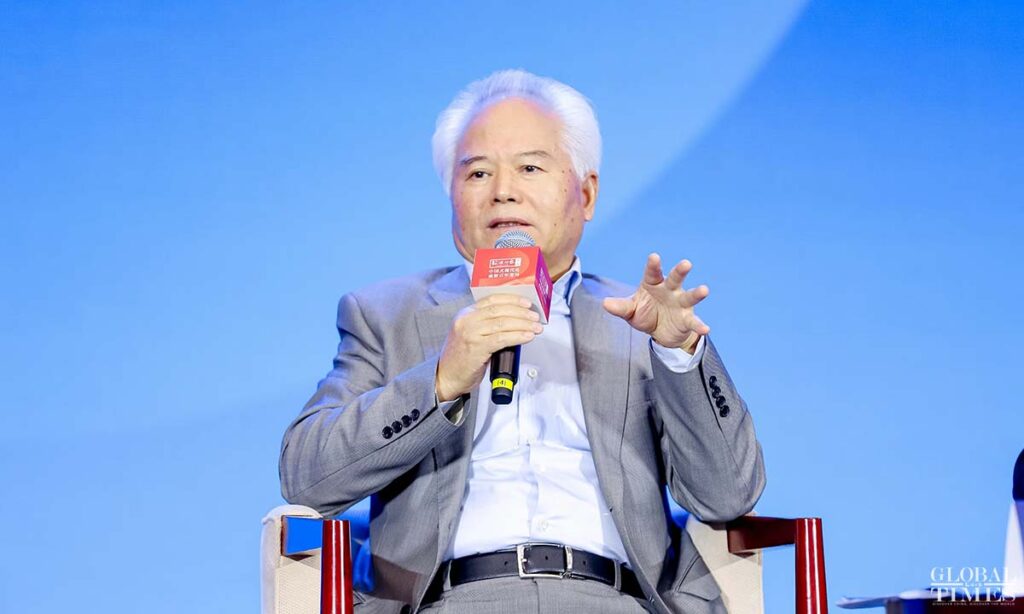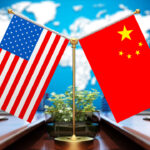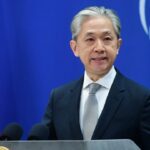The situation in the South China Sea has entered a turbulent period since the start of this year. It will continue to encounter some challenges and changes in the following three to four years, Wu estimated while delivering a speech at the conference.
The first challenge is the intensified US-led militarization in the region.
In addition to the existing five military bases in the Philippines, the US has added four more. The Commander of the US Indo-Pacific Command has even stated that there may be more than nine bases in the Philippines. The US also uses bases in Vietnam, such as Cam Ranh Bay, where US aircraft carriers and seven warships have docked, Wu pointed out.
He noted that the US has reportedly conducted more than 30 military actions in the South China Sea and its surrounding areas in just the past year, not to mention those which have not been reported.
Multilateral military security mechanisms targeting China in the South China Sea have also been constructed, such as the US-Philippines-Japan and US-Philippines-Australia alliances, Wu noted.
China-Philippines relations may also reach a point of no return during the administration of Ferdinand Marcos Jr, Wu said, noting that the China-Philippines relations are facing unprecedented challenges.
He referred to the instances that, under the administration of Marcos Jr., security cooperation between the US and the Philippines against China is being accelerated; the consensus on oil and gas cooperation between the two countries has stagnated; and the Philippines has started a series of provocative incidents in the Ren’ai Jiao (Ren’ai Reef).
In September this year, the Philippines also threatened that it might file a new lawsuit or arbitration regarding the waters near Houteng Jiao, claiming that Chinese fishermen have damaged the environment there, similar to previous claims made in 2013.
Therefore, we should not have illusions about China-Philippines relations during the Marcos Jr. era, Wu remarked.
In terms of the negotiation over the Code of Conduct (COC) in the South China Sea, which has entered a third round of reading, Wu also warned that the possibility of a deadlock should not be underestimated. Even if a COC is signed, Wu also remains cautious in a COC’s effectiveness in managing conflicts in the region.
“Will foreign military actions still exist in the South China Sea [after the signing of COC]? Will there be no more oil and gas infringement activities by claimant countries in the South China Sea? Will there be no more incidents involving individual islands and reefs? I’m afraid not, so in this sense, we cannot be too optimistic.”
The US will continue to be an important influencing factor in the South China Sea. Talking about how to build the environment in the South China Sea in the future, Wu said China should pay more attention to reduce the US’ influence in the region while enhance its own capacity to stabilize the region.
Cooperation is also very important. Without cooperation, there would only be more and more problems in the regions. There will also be no basis for COC negotiation, Wu stressed.




